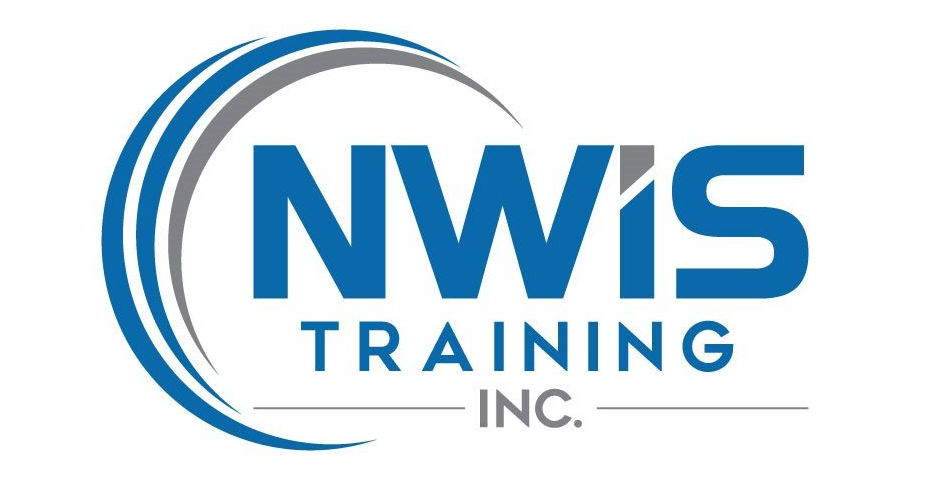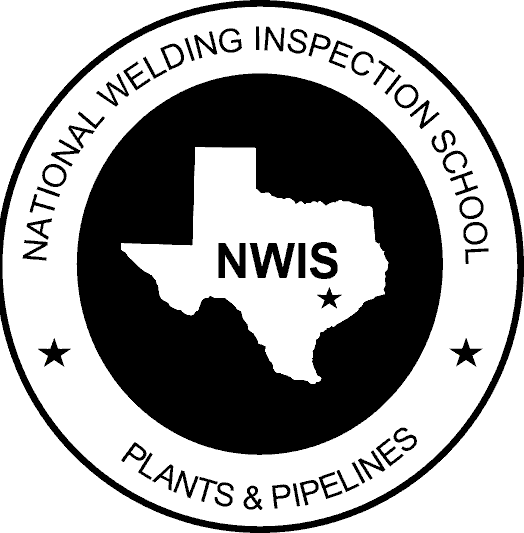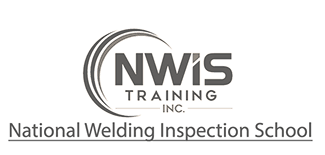Pipeline Autoweld Inspector (CPAI™)
INTRODUCTION
The Pipeline Autoweld Inspector (CPAI™) seminar explains the backgrounds and features of Automatic Welding for landlines and offshore pipelines and provides inspectors with an insight in pipe end preparations, parameter control, typical weld defects, weld acceptance criteria and field trouble shooting.
The seminar provides a blend of theoretical backgrounds, demonstrations of automatic welding methods, pipe end preparations and practical exercises providing the participants with the various aspects occurring in the field.
Seminar participants will have access to the wealth of combined experience and know-how from working with automatic welding systems on pipeline projects around the world.
A basic understanding of welding and inspection is strongly recommended for this course. A simple calculator will be required for this program.
SEMINAR CURRICULUM
The 3 day seminar plus 1 day test is presented from the course manual and switch to demonstrations, videos and hands-on inspection exercises to help create an interactive learning environment.
Each of the 3 seminar days will focus on particular aspects of automatic welding such as origin, safety, different systems in the market, their typical use and features, pipe end preparation, weld parameter monitoring, weld defects and causes as well as some troubleshooting techniques.
Successful completion of this seminar leads to a Certificate Pipeline Autoweld Inspection from the National Welding Inspection School.
Individuals completing the seminar will have knowledge of basic automatic welding problems in the field and how to capture these through rational problem solving.
FIRST DAY
After general housekeeping rules and introduction of the facilities and instructors, Day 1 starts with the practical safety aspect, to then discuss the history and reasons why automatic welding systems are used on pipelines.
Hereafter, the course provides an overview of pipeline welding systems, shown on video and demonstrations of one of these systems using different processes including parameter programming and read-out.
SECOND DAY
The importance of the correct preparation of pipe ends and bevels is emphasized and how manufacturing of the line pipe can impact the pipe end preparation and welding results. This will be followed by a demonstration of actual equipment, show samples of bevels and counter bore methods and finally, hands-on exercises in bevel inspection and measurement.
THIRD DAY
The final instruction day provides an insight in the types and causes of common weld defects and the severity of these defects in weld failure. Hereafter, the types and limitations of Non Destructive Testing methods are reviewed including their capability and limitations of detecting the defects in automatic weld configuration. Finally, this day will discuss how Trouble Shooting of welding defects can be systematically approached, followed by some exercises where the course material of the past 3 days has to be utilized to reason through the possible causes of weld defects.
EXAMINATION DAY
The morning of the last day will consist of an open-book test consisting of 90 multiple choice questions from the class manual, the practical exercises and the demonstrations. The purpose of the test is to confirm the ability of the course participants to perform inspection of automatic welding operations and systems. The test will be graded and upon successful completion, the “CPAI” certificate is issued.
Must be 18 yrs old and have industry knowledge


